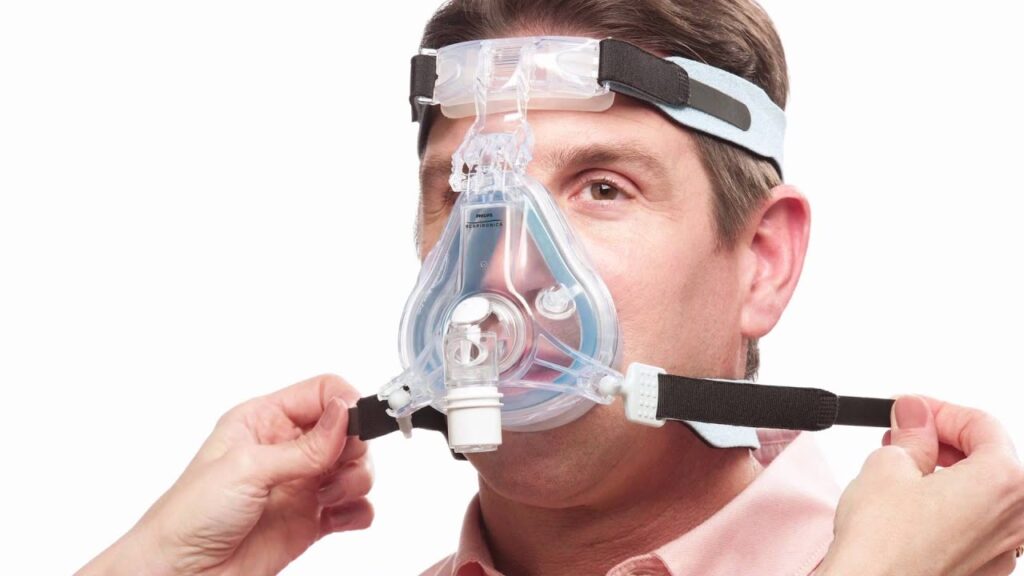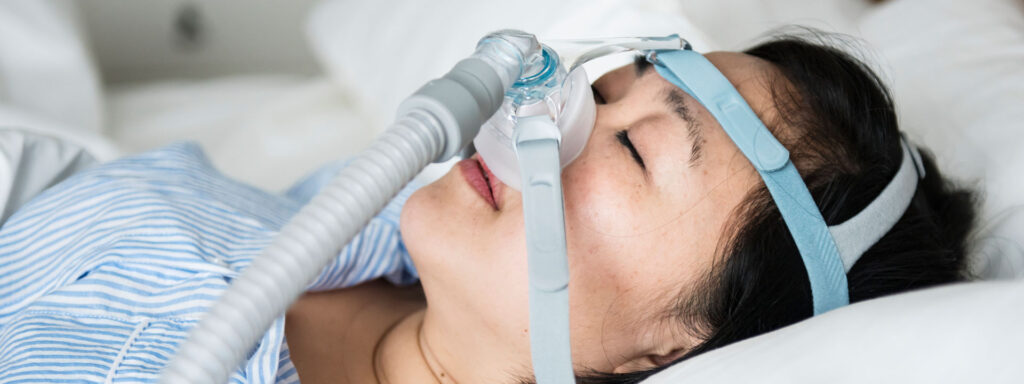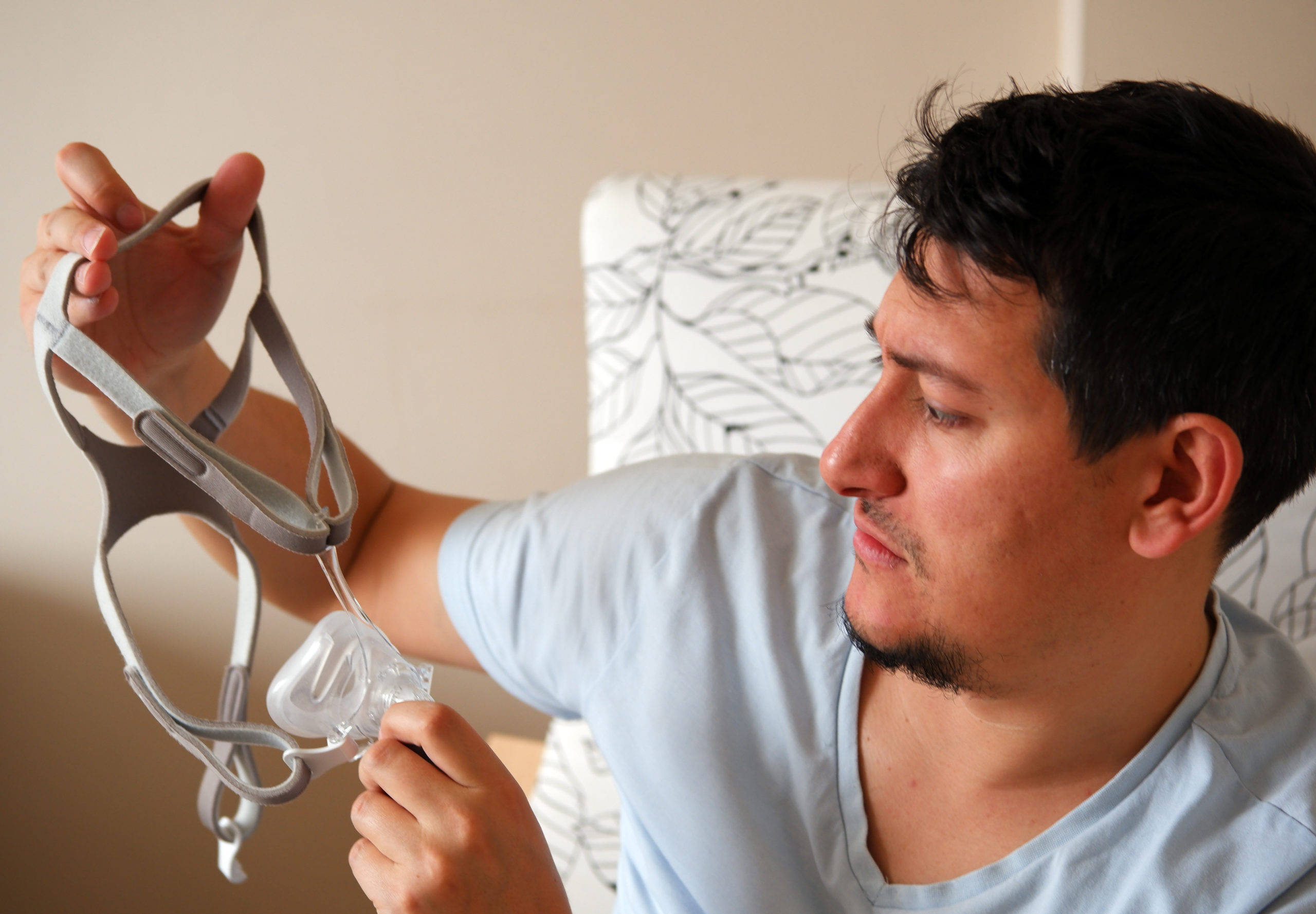One of the biggest problems people have with their CPAP masks is leaking air. It’s very common for people to experience leakage with their sleep apnea masks. This prevents the CPAP machine from supplying the appropriate pressure to the airways, which means there’s a chance the airways might close, causing a sleep apnea episode.
This is why aside from finding the best CPAP mask for your needs, it’s important to follow some of the best practices for preventing air leaks with your sleep apnea masks and that’s exactly what https://store.airliquidehealthcare.com.au/en/ recommend for better use of CPAP masks.
If you’re tired of air constantly leaking out of your CPAP mask, you’ve come to the right place.
Read on to learn more.
The Relationship Between CPAP Masks & Air Leaks
Whenever there’s an air leak during CPAP therapy, it’s mostly because of the mask. This is why it’s essential to ensure that your CPAP masks fit properly and offer a tight seal on your face. Whether you’re using full face masks, nasal masks, or nasal pillow masks, you must get one that fits comfortably and forms an air-tight seal.
When air leaks from your CPAP masks, then the CPAP therapy won’t work. This is because the entire purpose of CPAP treatment is to keep the airways open through positive air pressure. Since obstructive sleep apnea is caused by relaxed throat muscles, which close the airways, the air pressure from the CPAP machine can prevent that from happening.

This is also why CPAP is one of the best treatment options for those with sleep apnea. But again, using the wrong CPAP mask can result in the treatment not working. So, before you fire up your CPAP machines, ensure you have the best CPAP mask for your needs. That way, you’re sure that the machine will be effective at treating sleep apnea symptoms and giving you a good night’s sleep.
Preventing Air Leaks in Your CPAP Masks
There are many ways to ensure that air doesn’t leak out of your CPAP face masks. And if you want the therapy to work, it’s very important that you follow all these best practices.
So, here are a few ways to reduce air leaks with your CPAP mask.
Find the Right CPAP Mask for Your Face
The first step in making sure you have an air-tight seal during CPAP is making sure you have the right mask for your face. The best CPAP mask for you largely depends on your face shape, breathing style, sleeping position, and other factors. This is why you need to take the time to assess your needs and find a mask that fits those needs.
For example, a nasal pillow mask is very comfortable. Since a nasal pillow mask doesn’t go over your entire face, it’s much easier to shift positions in your sleep. But if you’re a mouth breather, none of the nasal masks on the market will be able to help you with your condition.
On the flip side, full face masks are great for both the nose and mouth. However, these are large and bulky. So, they may not be ideal for a side sleeper, those that wear glasses, or even people with facial hair.
This is why you need to make sure that whatever face mask you buy is the right one for your needs. This might take some time and effort, but it will help ensure constant pressure throughout the night, allowing you to breathe comfortably.
Adjust the Mask for the Right Pressure
There will always be some give and take when figuring out the best pressure for your CPAP mask. Before you turn on your CPAP equipment, it’s important to set the machine at the right pressure settings. Ideally, you should visit a doctor to ask for their recommended pressure settings so you can rest assured that you’re getting the right airflow while you sleep.
On top of that, you have to make sure you’re wearing the mask properly. For example, if you’re wearing full face CPAP masks or a nasal mask, you have to make sure everything is strapped on tight. If not, air can leak out of the mask, especially if you have high-pressure settings.
Use CPAP Mask Liners for a Tighter Seal
One of the best CPAP accessories you can buy is an extra mask liner for a tighter seal. This accessory works best with a full-face mask, as it allows you to form an airtight seal and ensure that no air leaks happen. You can also buy liners for a nasal mask and for nasal pillows. This is great if you’re having a hard time keeping a tight seal on your mask the whole night through.

Mistakes to Avoid With CPAP Masks
The biggest mistake you can make when buying a sleep apnea mask is rushing through the process. It’s very easy to buy the first nasal mask or face mask you find so that you don’t hassle yourself when browsing through CPAP mask categories. However, this prevents you from ensuring that the face mask fits right and is the right option for your condition.
So, when you have to buy a CPAP mask, take your time with the process. While nasal pillows are the most comfortable, they aren’t great for severe cases. And while you might think a full face mask is the best way to get a tight seal, it might be overkill for your condition.
Conclusion – What to Do If Your CPAP Masks Keep Leaking?
If your CPAP mask continues to leak despite following all the best practices, it could mean that it’s time for a change. If you feel like your CPAP masks aren’t doing the job for you, it’s best to call a sleep specialist and explain your case. That way, they’ll be able to determine if you’re doing something wrong or if you need to change your mask. On top of that, they’ll also recommend the best mask for your needs.
Sometimes, air leaks are also caused by manufacturer errors. If you suspect something is wrong with your mask, it might be time to contact the manufacturer and ask for customer support.

